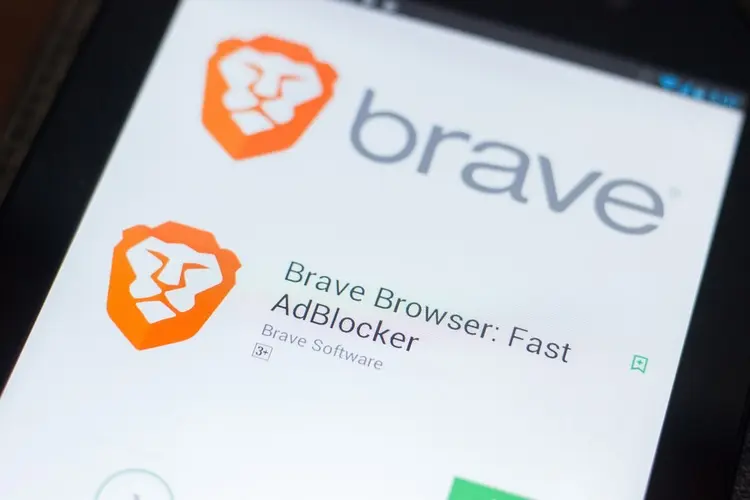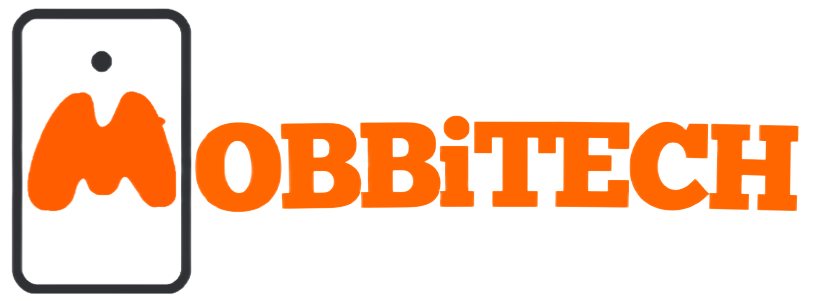Table of Contents
Many people ignore the history of web browsers during the great Browser Wars, in which Internet Explorer, Firefox, and other browsers competed for supremacy. At present, a new player named Brave has joined the battle. Its unique plot revolves around rendering engines and is committed to user security and privacy. We’ll examine the critical differences between the Brave web browser and provide an in-depth analysis to address the fundamental query: Should I upgrade?
The Digital Battleground: Ad Tracking and Privacy Concerns
Internet browsers are essential in the dynamic field of cybersecurity. Although most browsers do a great job of keeping users secure when browsing, one area where privacy has been steadily undermined is advertising. Brave stands firm against this decline by emphasizing safety and confidentiality. Because the browser, by default, blocks ad trackers, users can enjoy a web browsing experience free from the invasive grasp of targeted advertisements.

Brave aims to address the growing intrusiveness of ad-tracking techniques. Personalized ads are essential to the billion-dollar advertising industry. Advertisers create virtual profiles based on users’ browsing habits to target users according to their preferences.
Empowering Users: Taking Control Back with Brave
To address privacy concerns, Brave gives its users a powerful tool: the ability to block trackers that collect data. Users can block trackers using various methods, but Brave makes it simple by making it the default behavior.
By eliminating advertisements from their browsing history and granting them unrestricted access, Brave allows users to regain control over their online experience.
Moreover, performance is enhanced by this privacy-focused approach. According to internal testing, Brave’s browser can load popular news websites up to six times faster on desktop and mobile platforms than Chrome, Safari, and Firefox.
Built-in Tor: Navigating the Anonymity Realm
Brave goes above and beyond what is customary in the industry to pursue privacy by incorporating Tor, the Onion Routing protocol. While other browsers offer private browsing features, Brave goes above and beyond by adding a private window connected to Tor.
This masks users’ IP addresses from websites they visit and obscures their browsing behavior from unobservant network observers. Although integrating Tor improves anonymity, users concerned about their privacy may have to make trade-offs regarding browsing speed and site compatibility.
The Quandary of Ad Revenue: A Brave Solution
Some might be curious about what would happen to publishers who rely on advertising revenue if trackers that collect data were blocked. It does pose a significant challenge. Media creators, especially those operating autonomously and without corporate restrictions, mainly depend on advertising revenue. Still, Brave has unveiled a novel strategy in the form of Brave Rewards.
Rather than attempting to entice users to click on advertisements, Brave uses anonymity to gauge how much attention users are willing to give websites. The Brave Rewards program pays these sites each month in an innovative and sincere effort to support content creators.
Nevertheless, Brave Rewards uses the cryptocurrency Basic Attention Token (BAT), which operates on the Ethereum blockchain. This unconventional approach aims to create an open, decentralized digital advertising exchange.
BATs, Crypto Exchanges, and Tips: The Brave Economy
Because the developers of Brave are aware that its users require a secure means to handle and store their tokens, Brave has an integrated secure crypto wallet.
Users can earn tokens by viewing Brave Ads, displayed based on their presumed interests, without providing personal information or browsing history.
Brave users are encouraged to tip content creators directly as a way of saying thank you. The platform offers a community-driven approach to content monetization by giving verified creators tips during the first week of each month.
Brave enables users to fund their wallets using a variety of cryptocurrency exchanges, such as Coinbase.com, Crypto.com, and Uphold.com, to make the conversion of fiat currency into BATs easier. Users can buy and trade directly from the Brave Wallet thanks to its integration with the Ramp fiat/crypto service.
Overthrowing Chrome’s Dominance: Performance and Compatibility

Despite its creative approach to advertising, Brave understands the importance of being a trustworthy web browser. The results show that Brave executes JavaScript faster than Firefox and Chrome and uses less RAM per tab.
Brave leverages its Chromium heritage to give users simple access to the Chrome Web Store and all its add-ons. Switching to Brave is simple for Chrome or Edge users, and they can even import their bookmarks from other services.
Brave extends its performance metrics to include Sync, enabling users to synchronize data across all their devices. Whether you want to sync everything or just specific items, such as bookmarks, extensions, history, and passwords, Brave ensures that your browsing experience is consistent across all your devices.
Choosing Your Search Path: Brave Search and Flexibility
The default web search option is now Brave Search, created by Brave. The available options are Google, DuckDuckGo, Qwant, Bing, Startpage, and Ecosia. This feature ensures that users can tailor their browsing experience to their preferences, providing a level of personalization often lacking in popular browsers.
The Verdict: A Paradigm Shift in Web Browsing?
Now that Brave is well incorporated into regular workflows on all platforms, is it time to switch? Data strongly support Brave’s adoption because of its innovative solutions for advertising-related issues, enhanced performance, and commitment to privacy.
At last, the Brave browser alters the rules, taking control of the browser space rather than merely joining it. One’s priorities, such as the value of privacy, the availability of alternative advertising models, or the desire for a more streamlined and effective online experience, will determine how much one wants to switch.
When Brave upends the status quo, users must choose between adhering to outdated web browsing practices and embracing the medium’s future.
Also Read: How To Get Chrome Version 116 Downloaded On Android Phone

